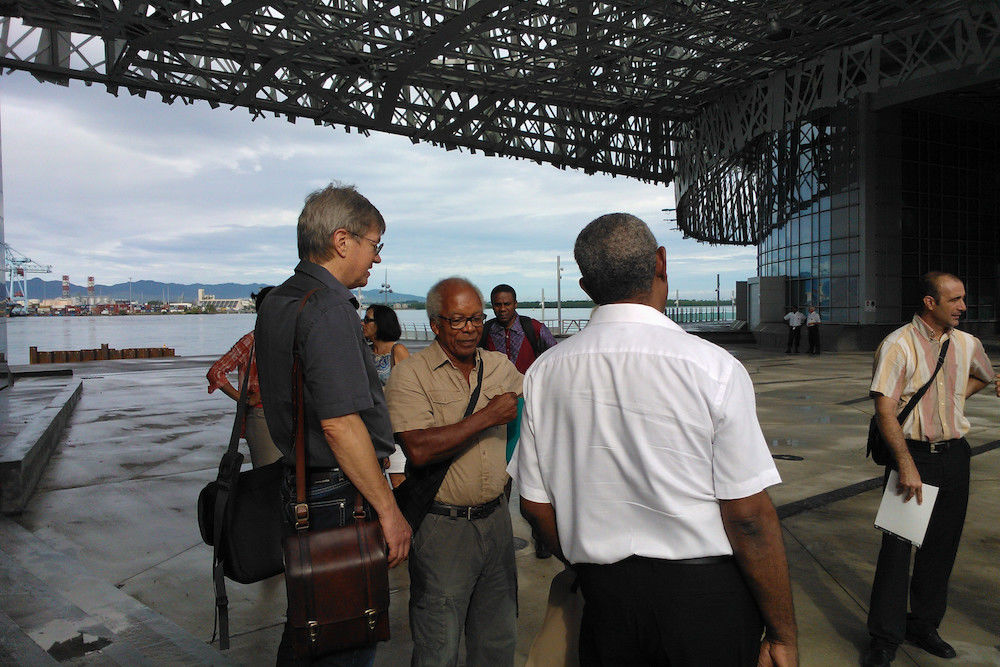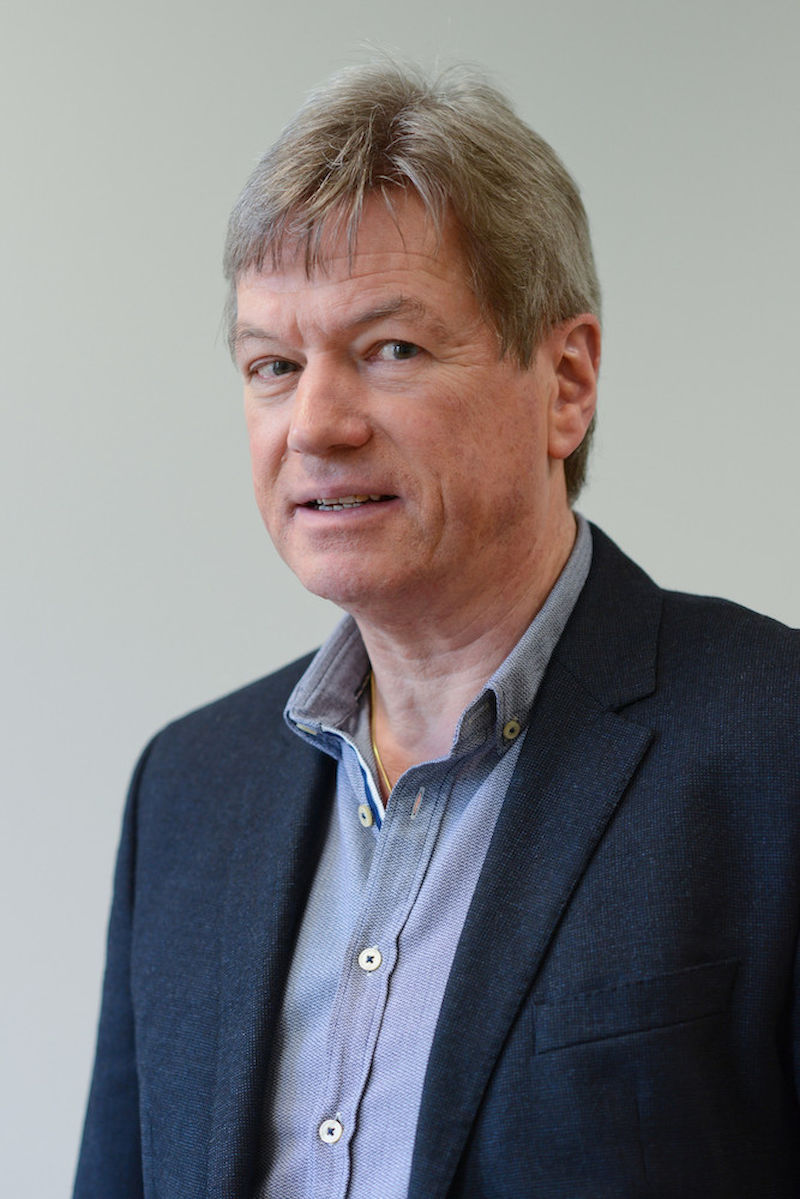Language contact

My research departs from the central observation that languages are performed by speakers - and this has certain consequences. In most regions of the world, more than one language is spoken, which means that we frequently come across spheres of contact between different languages and cultures.
My studies focus on creole languages, which develop in situations where multiple languages come into intense contact with one another. This research involves compiling comprehensive corpora of spoken language, and transcribing and analysing this data. The following questions are crucial to us: What happens when languages come into contact? Under which circumstances, and in which forms do languages combine? Are there general cognitive conditions which play a role in such cases? What is a “contact language”, and how does such a language develop?
Orality is the primary level of our research, not only in creolistics: We focus mainly focuses on spoken language. A prerequisite of this is that the languages in question can be still be recorded in their spoken form. But we also draw on other resources such as song lyrics: Creole languages play a central role in Caribbean music. Historically, my subject, Romance studies, has always been a field of research on linguistic and cultural contact. The Romania, this huge area in which Romance languages are spoken, owes its character to the diverse contact situations that arose during the expansion and collapse of the Roman Empire. All these texts, their terms and phrases can only be understood in their cultural anchoring, and it is precisely the comparison of historical and current contact patterns that can enlighten us.
I have personally conducted research on the Caribbean islands of Guadeloupe and Martinique for many years. I have learnt the creole language spoken on Guadeloupe, which in terms of its historical development still remains poorly understood. This creole contains much of the French language, along with elements of different African languages. It emerged during the process of colonisation when numerous African slaves working on the sugar cane plantations found that they could not properly access the French used by their masters. Today, we see a further contact situation with French. Guadeloupe has remained an overseas department of France since 1946 and both standard French, and the creole language are spoken side by side.
All creole languages have spread fairly quickly, and are characterised by a high degree of systematic clarity. This doesn’t mean that they are simpler than the languages from which they have developed. As predominantly oral languages, they do not initially have the same suitability for the use of writing as German or French. Yet as tools of communication, they are just as powerful! Because they are highly transparent, however, the way in which creole languages function is significantly easier to work out. There are only a few exceptions or irregularities. This makes them easy to learn.
Our research always progresses in two directions. On the one hand, we conduct basic research by showing, through our analysis, universal patterns and mechanisms of language. Strongly systematic languages are an excellent subject for this type of research. This is why the linguist Claude Hagége describes creole languages as a “linguistic laboratory”.
On the other hand, people living in the areas where creole languages are spoken, emphasise that they are more than just a subject of research. For these people, the creole is their everyday life; it forms part of their identity. It has often evolved from significant and conflictive contact situations that have not yet been fully reappraised. At the same time, creole languages can disappear again, or be suppressed. With my work, I want to make a contribution to the societies with which I have been in close contact for over 30 years. Research on creole languages, their description and analysis also have something to do with appreciation.
Speakers of Caribbean creoles expect that such research will protect their languages from being dismissed as minority languages, and prevent them from being undervalued, as has been the case in the colonial past. For me, this is a balancing act. On the one hand, as a scientist; I remain descriptive and try to be data-based and as objectively as possible. On the other hand there are always socio-political references, as has been the case in, for example, the compilation of a dictionary of Guadeloupian creole.
By the way, one doesn’t need to travel to far flung regions to observe language contact. In Germany for example, a significant proportion of immigrants and refugees speak French. This can result in entirely new phenomena. Language contact always plays an important role, also in our society.
This article appeared in print as part of the series "Context", in which researchers of Martin Luther University explain recent topics in their respective fields, providing background and contextual information.
About
Ralph Ludwig has been Professor of Romance Linguistics at MLU since 1995, with a focus on French and Spanish. He has spent many years carrying out research on linguistic ecology, francophone literature, and the French Enlightenment.
Contact: Professor Ralph Ludwig
Institute of Romance Studies
Telephone: +49 345 55-23542
Send email

